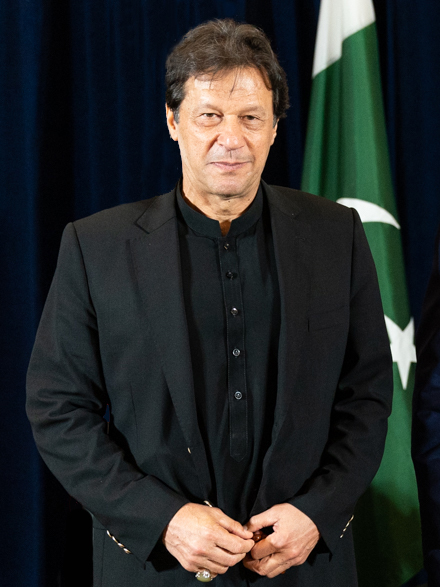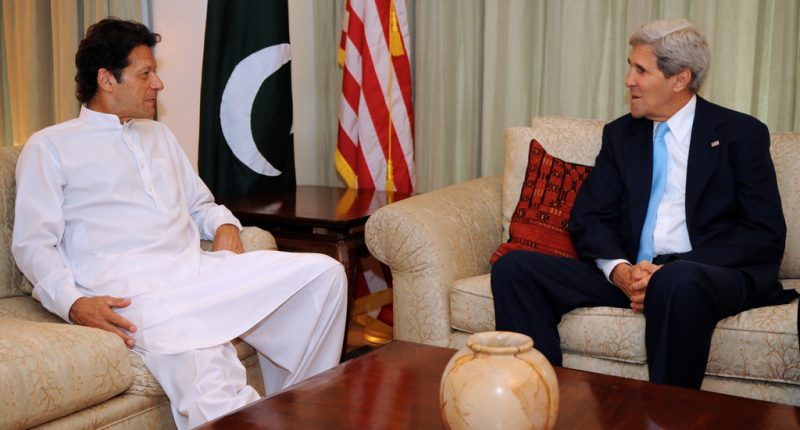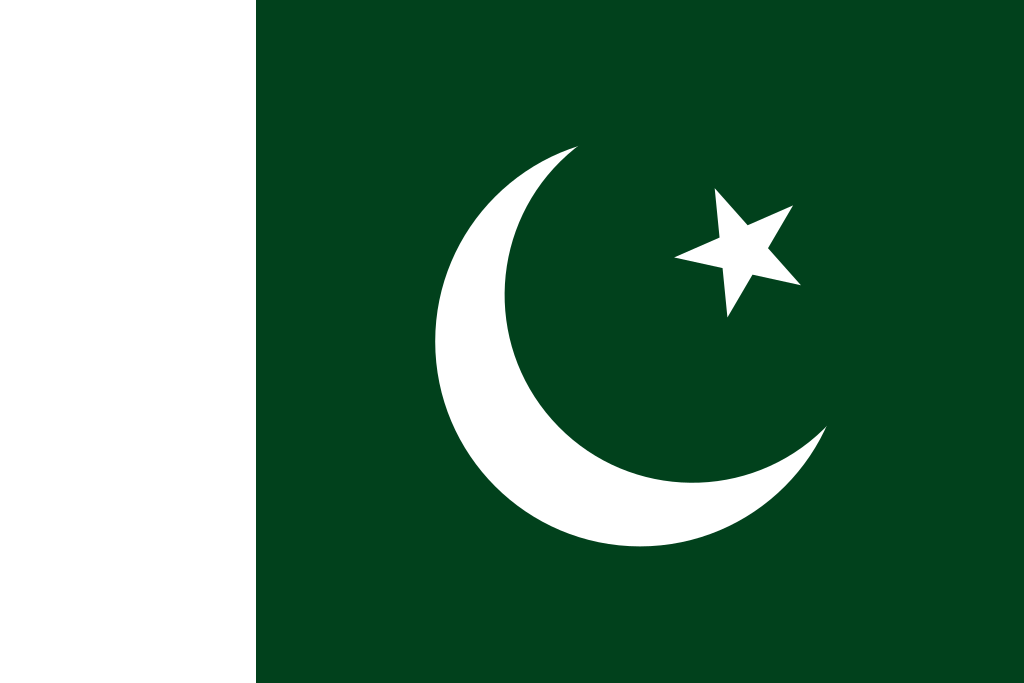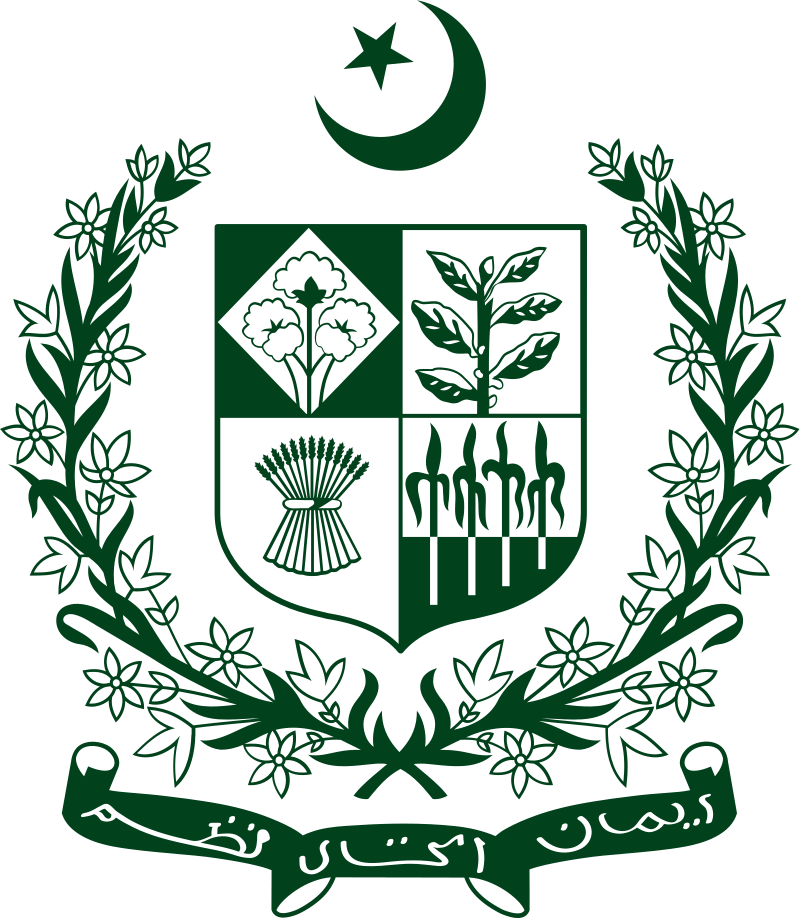It’s “Come September”, – or it was was this piece was on the drawing board – but Pakistan is not playing Hollywood’s iconic tune.
It’s performing the usual song-and-dance that takes place each time it struggles to escape the Black List of the United Nations’ Financial Action Task Force (FATF) that watches to what extent Pakistan is able to curb terrorism at home and limit its export to the neighbourhood.
It’s nothing new, and the political opposition, well aware and somewhat complicit, is also giving the Imran Khan Government a rough time.
The 104-member Senate, where the opposition enjoys a majority, on August 25th rejected two FATF-related bills after Leader of the House Dr. Shahzad Waseem refused to tender an apology for remarks that he made against the opposition leadership last week.

The Anti-Money Laundering (Second Amendment) Bill and the Islamabad Capital Territory (ICT) Waqf Properties Bill, passed by the National Assembly a day before, were rejected through a voice vote after the opposition linked its cooperation to Dr. Waseem retracting remarks and apologizing, with the government side accusing the opposition of resorting to ‘blackmail’.
Waseem had attacked the Islamist parties for always opposing any curbs on militant bodies.
But this time he had also attacked the mainstream opposition PPP and the PML-N, despite the fact that both parties had supported the government on the FATF-related legislations.

This is part of the hectoring that goes on in Pakistan’s political firmament.
The bills will now be taken up for voting at a joint session of Parliament, the final escape route for the government in time for the FATF meeting.
But Waseem’s assertion that Pakistan was already on the FATF grey list when the PTI came to power due to “bad policies of previous governments,” is a testament to Pakistan’s continuing tango with terrorists.
The fact is that all political parties in the country are dictated by the interests of the Pakistani military that have nurtured the groups that have done their bidding.
This had been the case during the Musharraf era’s military rule as well till enumeration of terror outfits was begun in 2001 under pressure from the UN and the world community – led by the USA at the time.
Pakistan is a unique country where global pressures are needed, to begin with, to enumerate militant outfits and terror groups.
It has 77 of them, most of them thriving and operational despite being proscribed by the UN and even by its own government.
Leaders of these outfits roam free except when jailed or placed under house-detention a few days before the FATF meetings, only to be released soon afterwards by the courts under ingenious pretexts, and on technical grounds such as a lack of proper investigation or misfiled paper work.
When released, the leaders receive heroes’ welcome, right from inside the court premises.
When free, these leaders address press conferences and rallies and are interviewed on TV channels.
They issue threats and engage in hateful talk, even though their participation is banned by PEMRA, the broadcasting media regulator.
The list of 77 – some say it is as high as 87 – makes strange reading.
It includes local outfits from Gilgit-Baltistan to Balochistan and Karachi, some of them dormant, some others dead and defunct.
Some are pressure groups with no past record of violence.
That a country and its government of the day issues such lists is itself a telling commentary on its intent and diligence. More significant is the presence on the list of organisations who have changed names to escape the ban.
Their leaders have also fielded candidates in elections and while not winning them, have garnered significant vote numbers.
Some have, in the past, struck under-the-table deals with mainstream parties to attack rivals.
The 2013, election had seen meetings of non-Islamist parties disrupted and a hundred political activists killed.
In fact, much of the Pakistani media blacked out the sanctions and detention of these leaders recently, when the name of the man behind the 1993 Mumbai terror explosions, Dawood Ibrahim, figured.
But when India went to town with Dawood’s name, the Pakistan government let it be known through informal channels that it had merely made public a list supplied by the United Nations.
This is yet another ingenious ploy like “sent as received” resorted to on social media – and a convenient way to deny any responsibility.
The situation is summed up by the Dawn newspaper in its editorial published on April 15th, 2019: “Since at least the Musharraf era the state has talked about banning militants. But what has been happening so far is that outfits are proscribed on paper, yet they play a strange cat-and-mouse game with the state, merely changing names, while leaders of supposedly banned groups freely travel the country (and abroad at times) and keep spewing hate. If an organisation is banned, then its leaders and cadres must not be allowed to operate freely, its fundraising abilities need to be neutralised, while its organisational capabilities also need to be checked.”
Little of that has been done as Pakistan braces for the FTF meet, hoping to use its diplomatic guile to escape the black list.
About the author: Nadir Ali Wani is a resident of Hawal in Srinagar the capital of Jammu and Kashmir.
He holds a Masters degree in Conflict Studies and International Relations from Jawahar Lal Nehru University New Delhi.
Mr. Ali has an abiding interest in the study of conflicts in South Asia with particular interest in the international politics to do with China, Islam and Kashmir.
He worked as a Research Assistant to Professor Amitabh Mattoo at JNU, New Delhi while conducting dialogue with various members of the civil society and with the Kashmiri leadership.
He has been associated with the Interlocutor’s Group after the 2010, uprising in Kashmir in the capacity of a Research Officer. Currently
Mr. Ali is Director, Center for peace and justice a research based group in Srinagar, which is a non profit organisation an NGO known for its efforts of youth development in Kashmir.
He has no political affiliation.











